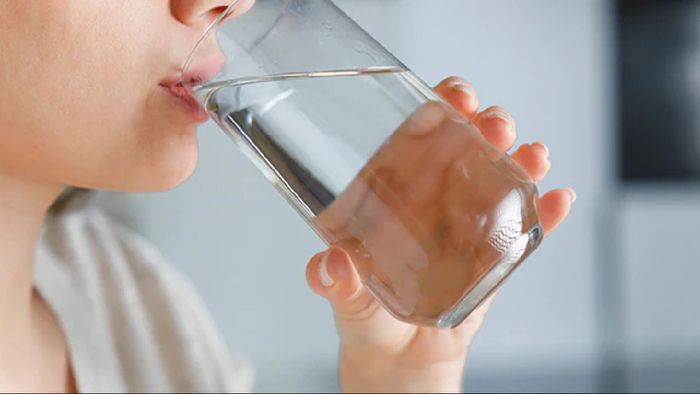The Dangers of Excessive Water Consumption: When Hydration Goes Too Far
While staying hydrated is crucial, especially in maintaining fluid balance, electrolyte levels, and supporting various physiological processes, there is such a thing as too much of a good thing.

- Apr 14, 2024,
- Updated Apr 14, 2024, 11:08 PM IST
Water is often hailed as the elixir of life, essential for maintaining proper bodily functions and overall health. While staying hydrated is crucial, especially in maintaining fluid balance, electrolyte levels, and supporting various physiological processes, there is such a thing as too much of a good thing. Excessive water consumption, beyond the body's needs, can lead to a condition known as water intoxication or hyponatremia, which can have serious and potentially life-threatening consequences.
Hyponatremia:
Hyponatremia is a condition characterized by abnormally low levels of sodium in the blood, resulting from an imbalance between water intake and sodium excretion. When excessive water is consumed, the sodium concentration in the blood becomes diluted, disrupting the body's electrolyte balance. Sodium plays a crucial role in regulating fluid levels in and around cells, as well as maintaining nerve and muscle function. When sodium levels drop too low, cells begin to swell, leading to symptoms ranging from mild discomfort to severe neurological complications.
Symptoms and Risks:
The symptoms of hyponatremia can vary depending on the severity of the condition but may include nausea, vomiting, headache, confusion, seizures, and in severe cases, coma or death. Athletes and individuals participating in endurance activities are particularly susceptible to hyponatremia, as excessive sweating and prolonged physical exertion can lead to significant fluid losses and sodium depletion. However, hyponatremia can also occur in non-athletic settings, such as cases of excessive water consumption driven by misconceptions about hydration or attempts to "flush out toxins" from the body.
Risks of Overhydration:
In addition to hyponatremia, excessive water consumption can pose other risks to health and wellbeing. Drinking large quantities of water within a short period can put strain on the kidneys, as they must work harder to excrete the excess fluid. Chronic overhydration may also lead to an increased risk of developing urinary problems, including frequent urination, bladder discomfort, and urinary tract infections. Furthermore, excessive water intake can dilute stomach acids, potentially impairing digestion and nutrient absorption.
Preventing Overhydration:
Preventing overhydration requires a balanced approach to fluid intake, taking into account individual hydration needs, activity levels, and environmental factors. Rather than focusing solely on drinking as much water as possible, it's essential to listen to your body's thirst cues and drink fluids accordingly. For most individuals, drinking water when thirsty and ensuring adequate hydration before, during, and after exercise or prolonged physical activity is sufficient to meet hydration needs. Additionally, consuming electrolyte-rich fluids or snacks during prolonged exertion can help replenish sodium lost through sweat and reduce the risk of hyponatremia.
Conclusion:
While staying hydrated is essential for overall health and wellbeing, it's crucial to recognize the dangers of excessive water consumption. Hyponatremia, or water intoxication, can occur when fluid intake exceeds the body's ability to excrete it, leading to potentially serious health complications. By understanding the risks associated with overhydration and adopting a balanced approach to fluid intake, individuals can maintain optimal hydration levels while safeguarding their health and wellbeing. Listening to your body's thirst cues, monitoring fluid intake during physical activity, and seeking medical attention if experiencing symptoms of hyponatremia are essential steps in preventing the dangers of excessive water consumption.